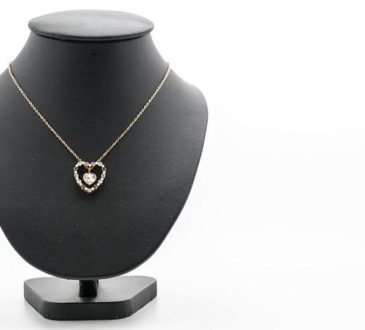
Selling jewelry is more than simply a way to make a quick buck, let’s face it. These items frequently carry real emotional weight, whether it’s a Rolex from a milestone birthday, your grandmother’s necklace, or even an engagement ring that didn’t end in “happily ever after.” They are small time capsules of your life, not just items. That’s why experienced luxury watch buyers and jewelry professionals understand that there is typically more going on behind the scenes when someone chooses to sell.
So, what really drives people to part ways with something so personal, and what do most of them wish they’d known before letting go?
It’s More Than Just the Money
And of course, there is money involved. Sometimes it’s a surprise cost, and sometimes it’s just that it is time to get rid of the jewelry box and spend the money on something else. The actual motive, however, runs deeper for many.
Maybe it’s a wedding ring that now feels more like a reminder than a memento. Or a luxury watch passed down from a parent, but wearing it feels too emotional or too heavy. Selling in these cases becomes a form of closure, a quiet way of saying, “I’m ready to move on.”
The Emotional Price Tag
Jewelry often marks life’s big moments: graduations, promotions, anniversaries, and weddings. So, even if something’s been tucked away for years, deciding to sell it can still stir up emotion.
That attachment also messes with how we see value. You might have paid top dollar for a watch or ring, but resale markets work differently. A $10,000 timepiece might not get the offer you expect, even from seasoned luxury watch buyers. And that can sting.
One thing most people overlook? How helpful it is to understand the market before you sell. Get a few quotes. Ask questions. Learn how value is actually assessed, condition, brand, rarity, and even market trends all come into play. Reputable watch buyers in NYC, for example, are usually upfront about what goes into their offers, and that transparency can make the whole process feel a lot less overwhelming.
Timing Is Everything
Selling before you’re ready can lead to regret. If you’re unsure, don’t rush it. Let the piece sit a little longer. Give yourself time to detach emotionally so that when you do decide to sell, it feels like the right call.
And if you’re planning to sell a Rolex in NYC, or any high-value piece, do your homework. Look for experts who specialize in luxury watches and understand the market inside and out. There’s no shortage of options in a city like New York, but working with the right buyer can mean the difference between a smooth experience and a stressful one.
What Sellers Often Regret (And What Helps)
A common theme among sellers? ‘I wish I’d done this sooner.’ But just as many people wish they had taken more time to understand what they were parting with—both financially and emotionally.
One small tip that helps: take a photo of the piece before you sell it. Write down why it mattered to you. You don’t need to hang on to the object to keep the memory alive.
The Bottom Line
In order to make room for what’s ahead, you need to let go of anything tied to your past. That’s why selling jewelry isn’t just about jewelry. Although the process can be emotional, it doesn’t have to leave you feeling confused or rushed.
Whether you’re selling to move on or start fresh, make sure you’re always putting yourself first. Remember to do your research and take your time. Also, it’s best to keep in mind that letting go isn’t always a loss; it’s a quiet kind of freedom and the beginning of a new life.




